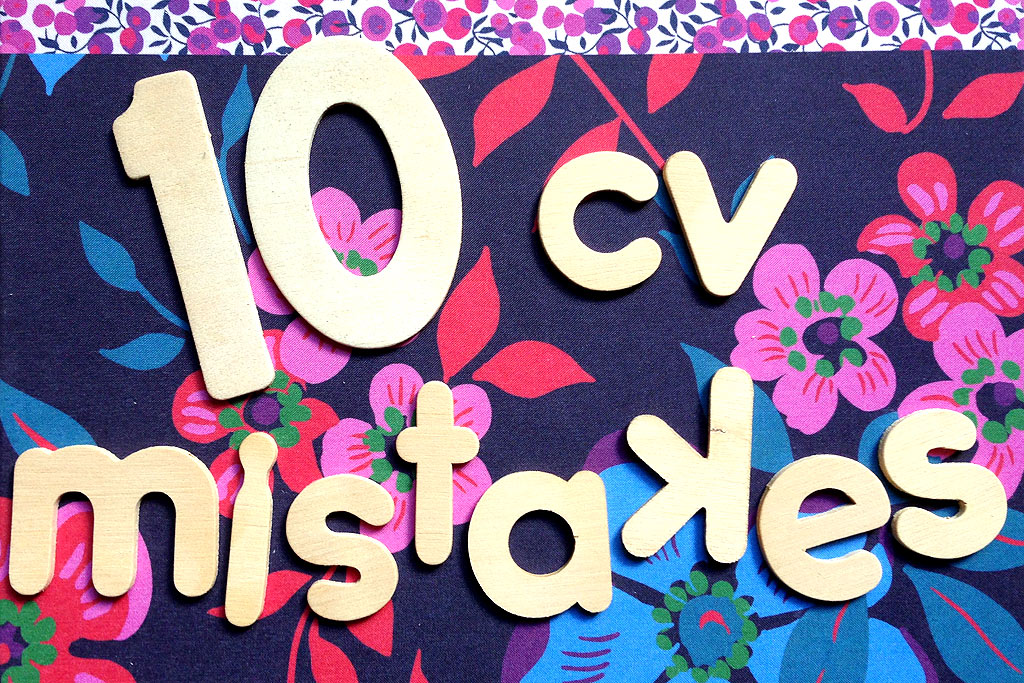How to prepare for a successful job interview
Nervous about an upcoming job interview? Sadiye Booker reveals the four things you need to prepare in advance to increase your chances of success.
So, you’ve been looking for a new role, and now you have an interview request. I’m a strong believer that detailed preparation is essential to a successful job interview – whether you’re new to job hunting or a well-practised interviewee.
If you have been introduced to a client by a recruiter, you can ask anything you want to know about the company, role or interviewer, and they should be able to give a detailed answer.
Before an interview, I always have a conversation with the candidate to go over the company background, team/cultural fit and description of the role etc.
Four essential ways to prepare for a successful job interview
So what should you do to prepare for your job interview? Here are four things I recommend doing.
1) Research
Make sure you learn as much about the company as you possibly can. The idea is to understand what they are aiming to achieve, what skills they usually hire and who is going to be conducting the interview.
Consider the size of the company, their partners, their products or services, recent news and the people who currently work there.
If you are in contact with the company via a recruiter, you should be able to get most of this information from them if they know their client well enough. Don’t forget to look at the profiles of the interviewers and what background they have – try to find commonalities to yourself as this can be used as an ice breaker.
Need more tips on pre-interview preparation? Here are five things we recommend researching.
2) Review your CV
It sounds obvious, but you will need to know your CV inside out. During an interview, it’s likely that the manager will go over your CV and ask about your experience and background, and you’ll need to respond with confidence to show you can back it up.
It’s also a good idea to prepare your answers to frequent job changes, gaps between jobs or lack of career progression etc.
Worried about what to say about your career break? You can read a simple formula for explaining your career gap in a job interview here.
3) Practice your responses
Most interviews involve a combination of common and competency based questions, so it’s good to ensure you have a brief understanding of what the client may ask and how you can respond using your best experience and skills.
Here are some examples of common questions you might get asked:
- Why do you want to work for us?
- Tell me about yourself?
- Why should I consider hiring you?
- What is your greatest professional achievement?
- Where do you see yourself in five years?
And here are some examples of competency based questions you might get asked:
- Tell me about a time you supported a member of your team who was struggling.
- Give an example of when you have overcome a problem at work.
- Explain a time you had to adjust your communication approach to suit an audience.
- Describe a situation in which you were working as part of a team. How did you contribute?
- Give an example of a time when you had to make a difficult decision.
We reveal how to answer the 10 most difficult job interview questions here.
4) Prepare your own questions to ask
There’s nothing worse in a job interview than being asked if you have any questions you’d like to ask, and drawing a complete blank.
So make sure you avoid that awkward situation and prepare a few questions in advance to ask at the end of the interview. This will show you are interested in the role, and that you have been paying attention throughout the interview.
When researching questions to ask, consider focusing on the company’s achievements, team size, technologies, technical capabilities etc.
But! Don’t over prepare
While it’s essential that you prepare for a job interview, don’t stress about over-preparing. A few hours will be plenty.
It’s unlikely you will be offered every job you interview for, but it’s all good practice and you will learn something different every time. So don’t feel too disappointed if you don’t get an offer; instead stay positive and move onto planning your next interview.
More quick interview tips
Preparation is only half of the story – you also need to impress in person at your interview. Here are some more quick tips to help you land the job:
- Arrive on time and if you are running late, let the recruiter know so they can inform the client.
- Stay positive, friendly and don’t forget to smile!
- Never discuss or negotiate salary/rate in the interview; let the recruiter do this on your behalf.
- Dress to impress, make sure you look the part.
- Be honest. This will gain credibility from the start.
Written by Sadiye Booker from A Career Focused Insight.
Photo by Christin Hume










